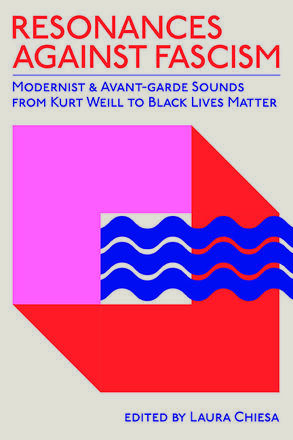
Resonances against Fascism
Modernist and Avant-Garde Sounds from Kurt Weill to Black Lives Matter
Alternative formats available from:
Makes a case for the power of music and sound in the face of fascistic forces, from modernism to the present.
Description
Resonances against Fascism explores some of the myriad ways music and, more broadly, sound have emerged from, and been mobilized to address, the urgencies of the present, from modernism to today. Taking the works and life of the German-born composer Kurt Weill as a pivotal point of departure, the collection brings together a range of critical voices, each with a singular tone, to demonstrate the pervasive force of sound in the face of fascism. Across eight essays, contributors sound out the anti-authoritarian resonances of modernist and avant-garde aesthetics from Weill to Nina Simone and Chico Buarque, to Marguerite Duras and Jean-Luc Godard, to Lou Reed and Patti Smith, and to the choral chants of the Black Lives Matter Movement. The second volume in the Humanities to the Rescue book series, a public humanities project dedicated to discussing the role of the arts and humanities today, Resonances against Fascism takes its cue from the disruptive force of music in traversing the boundaries between—and engaging readers from—modernist and avant-garde studies, critical and cultural theory, musicology and sound studies, critical race and gender studies, performance studies, and philosophy.
Laura Chiesa is Associate Professor in the Department of Romance Languages and Literatures at the University at Buffalo, State University of New York. She is the author of Space as Storyteller: Spatial Jumps in Architecture, Critical Theory, and Literature.
Reviews
"Featuring the work of leading intellectuals in music studies and the comparative humanities, this superb essay collection sharpens the conceptual and political stakes of music and sound in the context of the recent resurgence of fascism and right-wing populism. It takes as its point of departure the socially engaged work of composer Kurt Weill, but branches out to examine the broader political work of modernism across media, from rock music and jazz, to theater, literature, film, and social protest." — Michael Gallope, author of Deep Refrains: Music, Philosophy, and the Ineffable